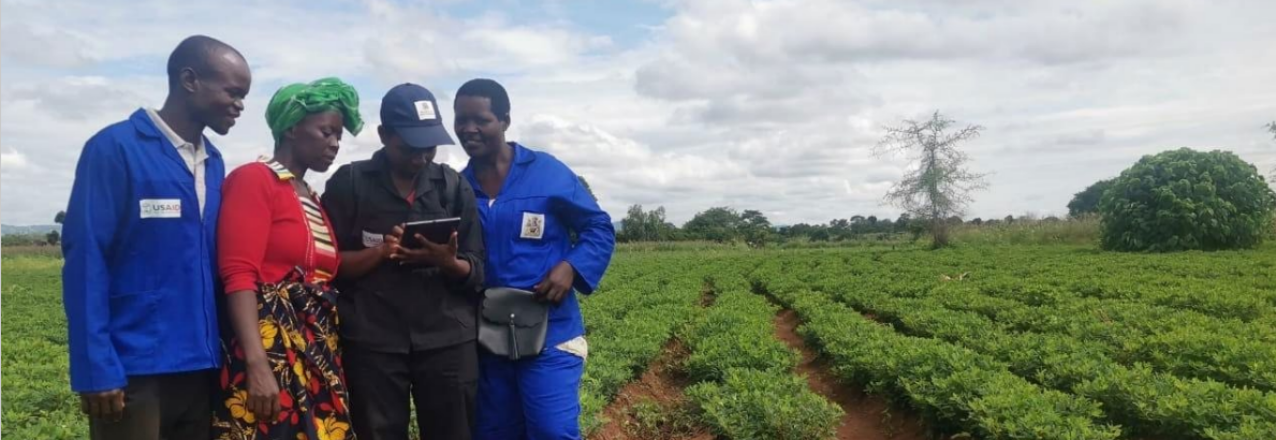Introduction
The government of Malawi enacted a series of land laws in 2016, including the Customary Land Act 2016, which requires all customary landholders to formalize ownership through the registration of their parcels. Formalizing land rights in customary estates through titling is anticipated to improve tenure security. However, unless the process of formalizing land rights looks beyond the technical and legal components to address the social and cultural norms and attitudes that often undermine women’s land rights, there is a potential risk of formalizing the exclusion of women and other marginalized groups according to identities such as age, marital status, disability, and ethnicity, among others. The customary laws and practices that do not recognize equitable property rights will render formal legislation ineffective at ensuring gender equality and social inclusion in property rights. Both the matrilineal and patrilineal systems are associated with some form of discrimination regarding land rights between men and women. The general practice that affects a person’s rights to land is the place of residence after marriage, as inheritance is the principal way in which a person owns land in customary setups.
The United States Agency for International Development (USAID) Integrated Land Resource Governance Project supported the government of Malawi in systematically documenting customary land rights in the Traditional Land Management Area (TLMA) of Mwansambo in Nkhotakota district. Integrated Land and Resource Governance (ILRG) provided technical assistance to a district-level land registry and clerks; promoted the inclusion of women and youth in the land documentation process through updated gender-responsive guidelines, manuals, and tools; engaged key stakeholders to shift gender norms around women’s land rights at institutional, community, and household levels; and convened dialogues with national and international stakeholders to discuss lessons learned and build positive momentum on gender and customary land documentation work.
An initial gender assessment showed that TA Mwansambo is a predominantly Chewa matrilineal society (which normally has broader women’s rights to land), but due to social and economic changes, the predominant form of marriage has shifted to “Chitengwa,” a patrilocal system that tends to restrict women’s lands rights. Women’s lower literacy and education levels prevent them from knowing their land rights and taking on opportunities to participate in governance structures. Even though women and men have equal rights to own land in Malawi, social and gender norms restrict women’s ability to enjoy such rights and to make decisions about land. Men are considered the “head of the household” and ultimately responsible for all household decisions. This means that women’s priorities, needs, and interests are often overlooked during land registration, use, disposal, and inheritance. Women are limited in their membership and leadership in governance committees due to gender norms that assign them a disproportionate share of unpaid household and caring responsibilities and that limit women’s physical and social mobility. For land registration processes to become more gender-responsive in Malawi, it is important to promote shifts in harmful gender norms that hinder women’s meaningful participation.
This Manual is a tool for facilitating dialogues about harmful gender norms at the household level, where most decisions about ownership, access, control, and disposal (including inheritance) of land are made.


